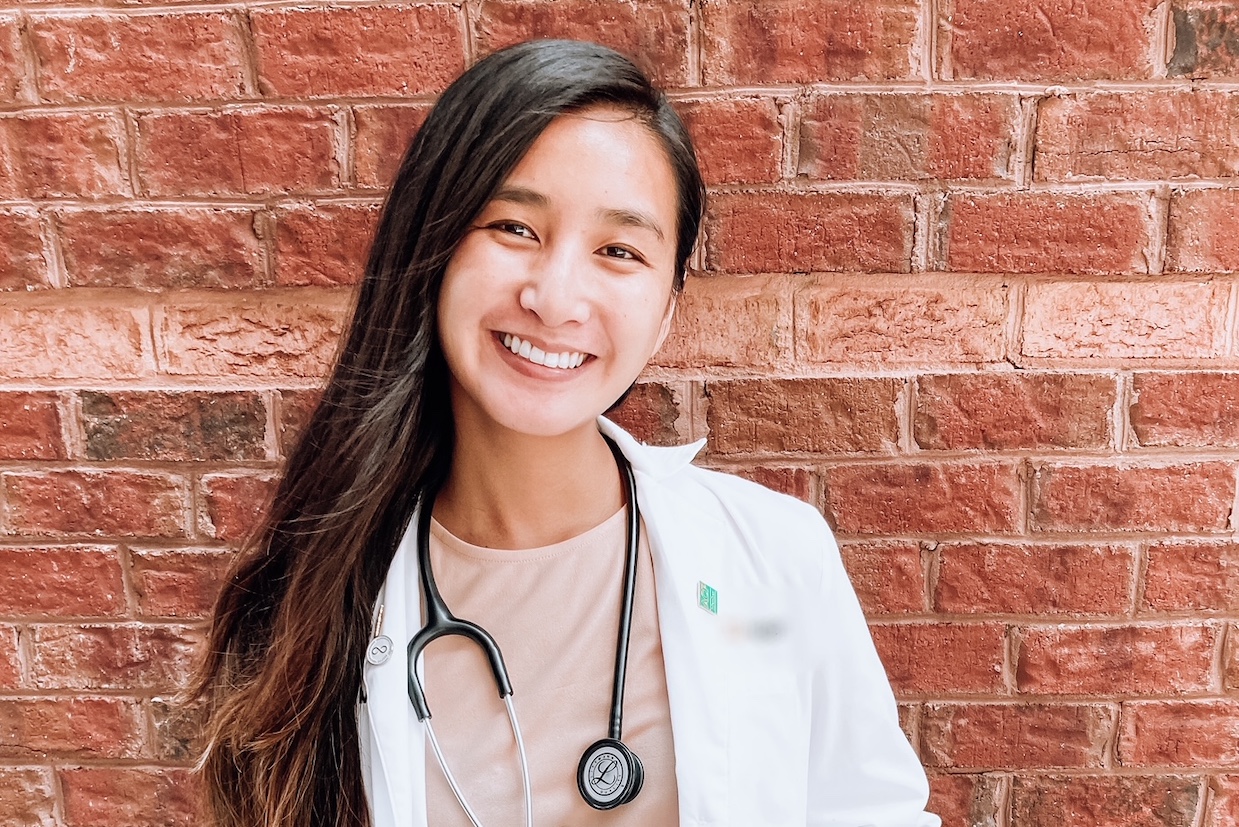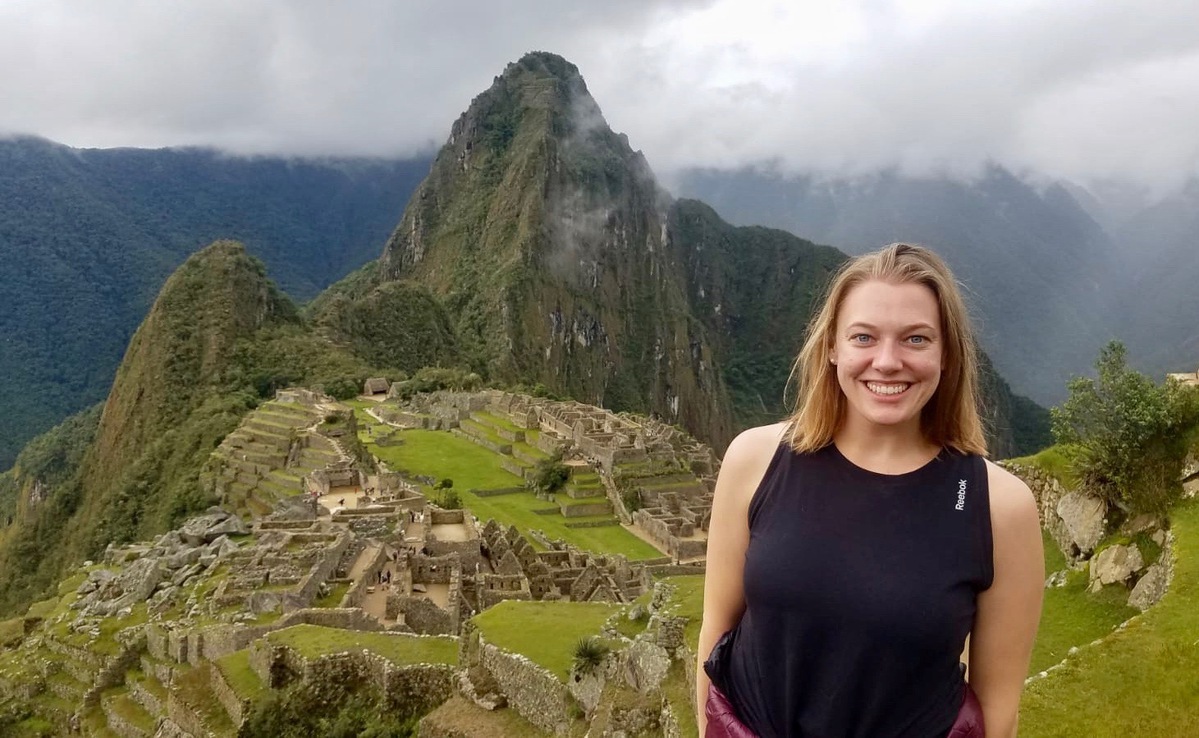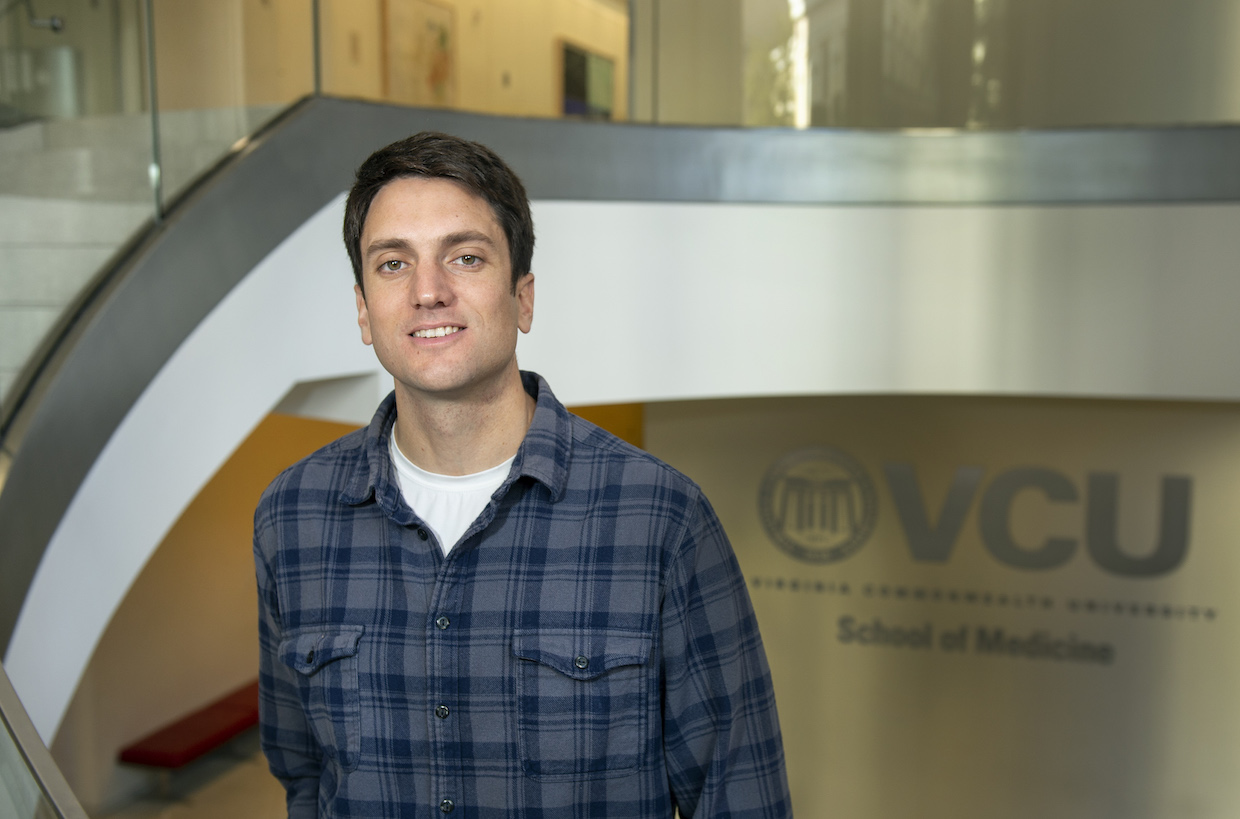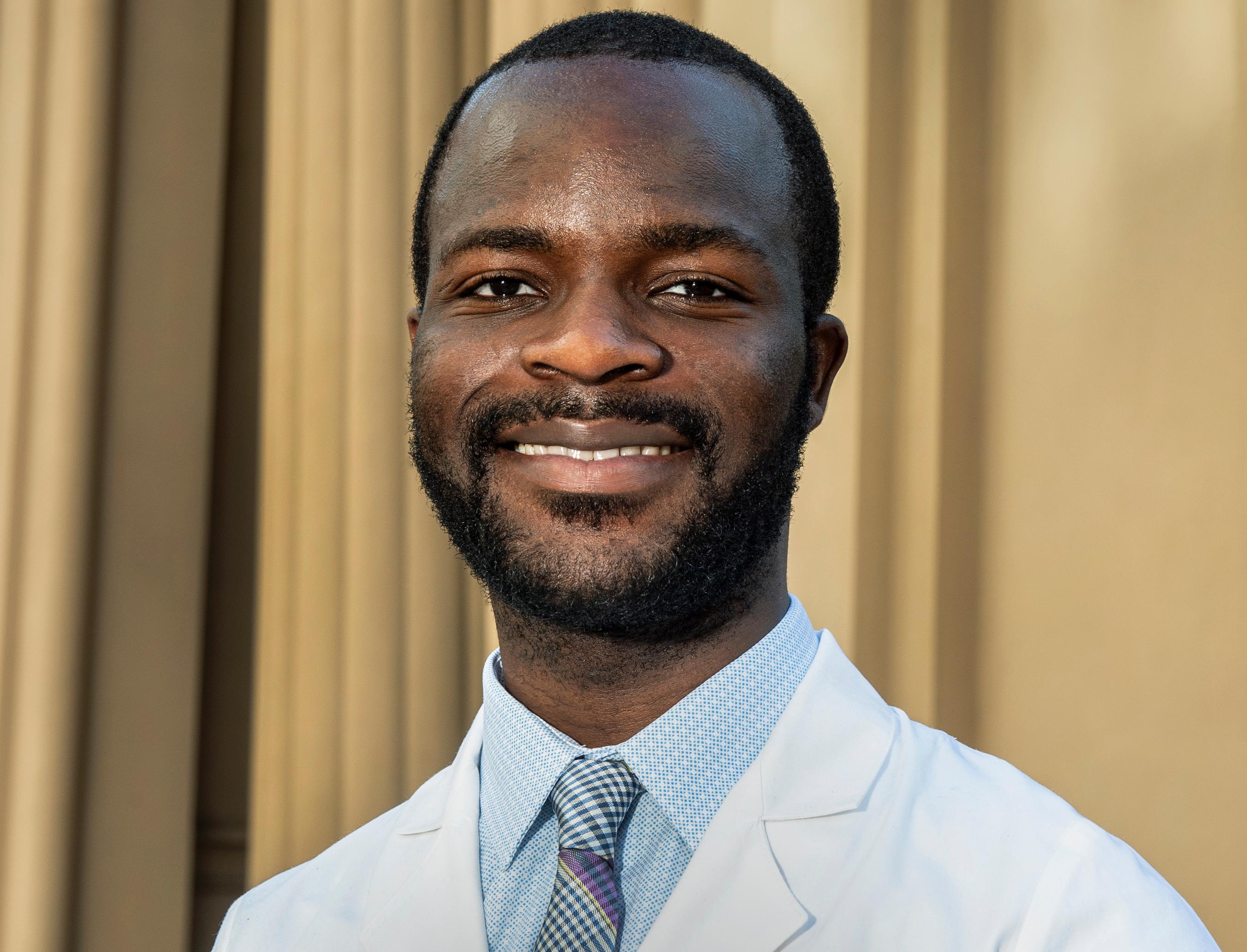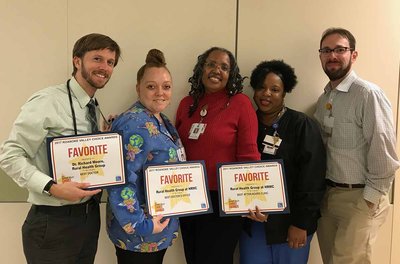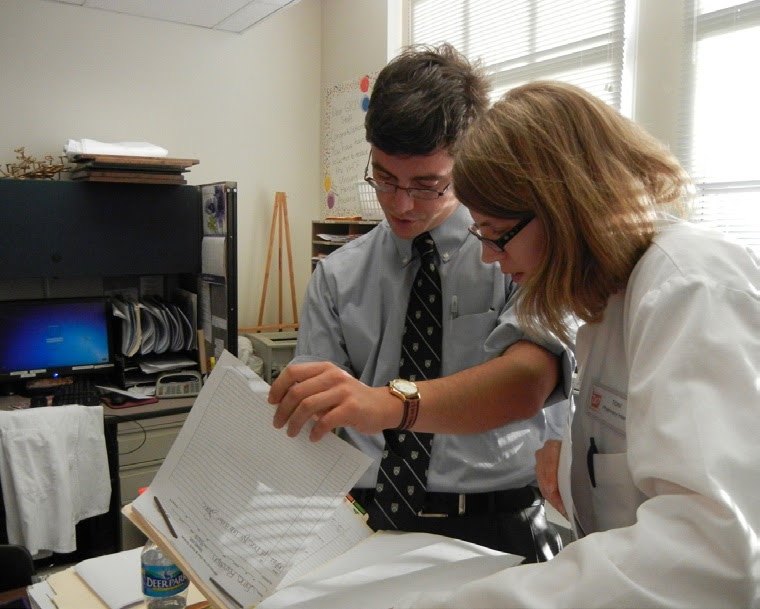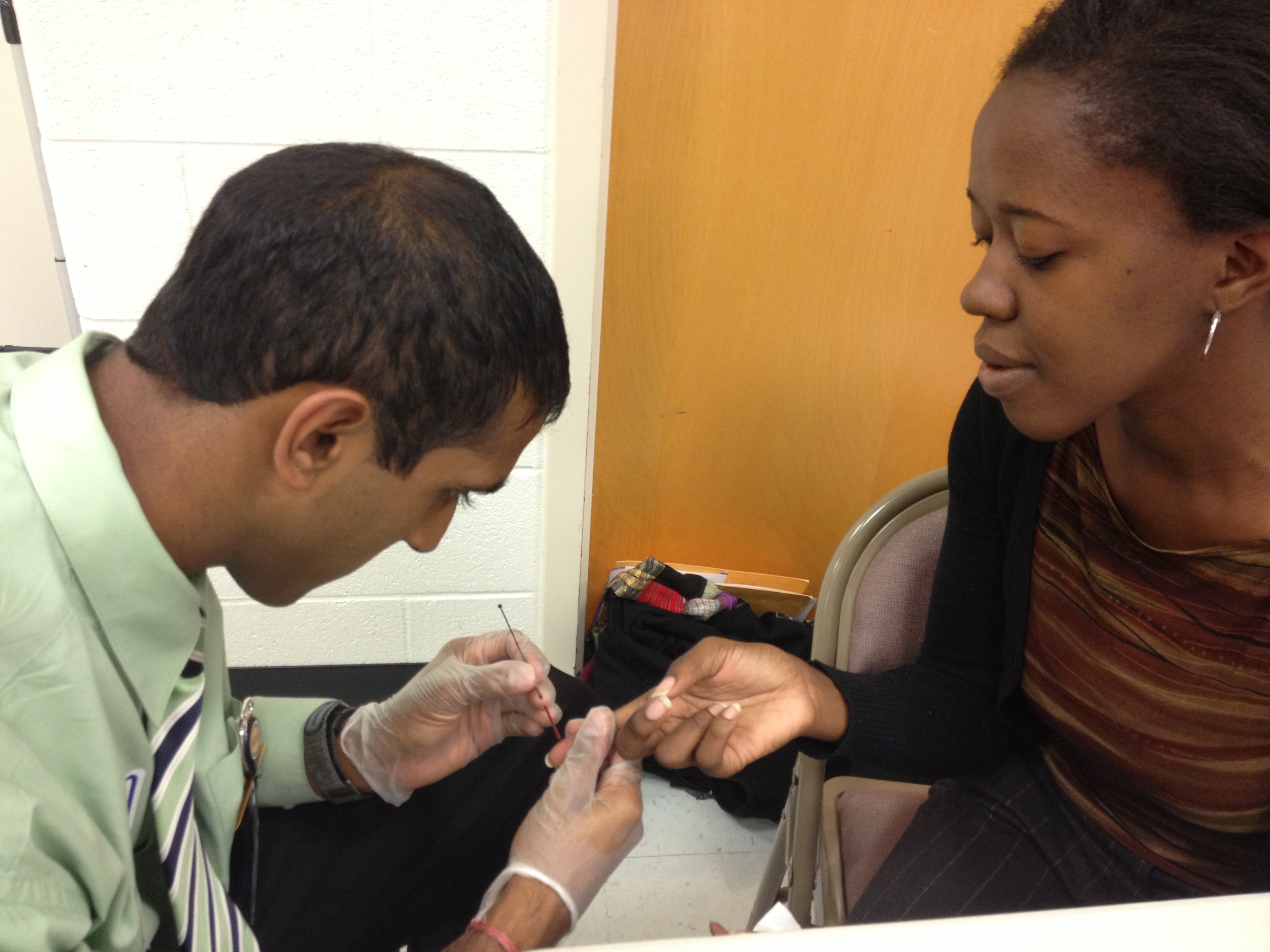We want to hear from you!
Students participate in unique learning experiences throughout all four years of their undergraduate medical education
The International/Inner City/Rural Preceptorship (I2CRP) program is a 4-year longitudinal program for students who declare an interest in and commitment to working with medically underserved populations in urban, rural, or international settings. The program is designed to foster the knowledge, skills, and attitudes needed to provide high quality, compassionate care to underserved populations, and to increase the number of primary care physicians who practice in underserved areas.
Students participate in unique learning experiences throughout all four years of their undergraduate medical education. Through a combination of didactics, discussion, reflection, community experiences, and clinical preceptorships, students explore and apply foundational concepts of community-oriented primary care, systems based practice, cultural competency, social determinants of health, and health equity.
.jpg)
Program Goals
Students will:
- Enhance their knowledge of underserved patient populations and their communities, both domestically and abroad.
- Enhance and/or develop the skills necessary to provide high quality, compassionate care to underserved patients and their communities.
Program Logistics
During the MS1 and MS2 semesters, students participate in:
- 6-week honors elective courses during the spring and fall semesters
- An optional clinical elective in an underserved setting during the spring of MS2a
- A clinical preceptorship in an urban or rural underserved setting as part of the Practice of Clinical Medicine course
- Journal club sessions
- Grand Rounds sessions on topics related to the lived experiences and care of medically underserved populations
During the third year, students complete core clinical rotations in community based, underserved settings in family medicine, pediatrics, adult medicine, and general surgery.
During the fourth year, students complete a community immersion month and a community based scholarly project.
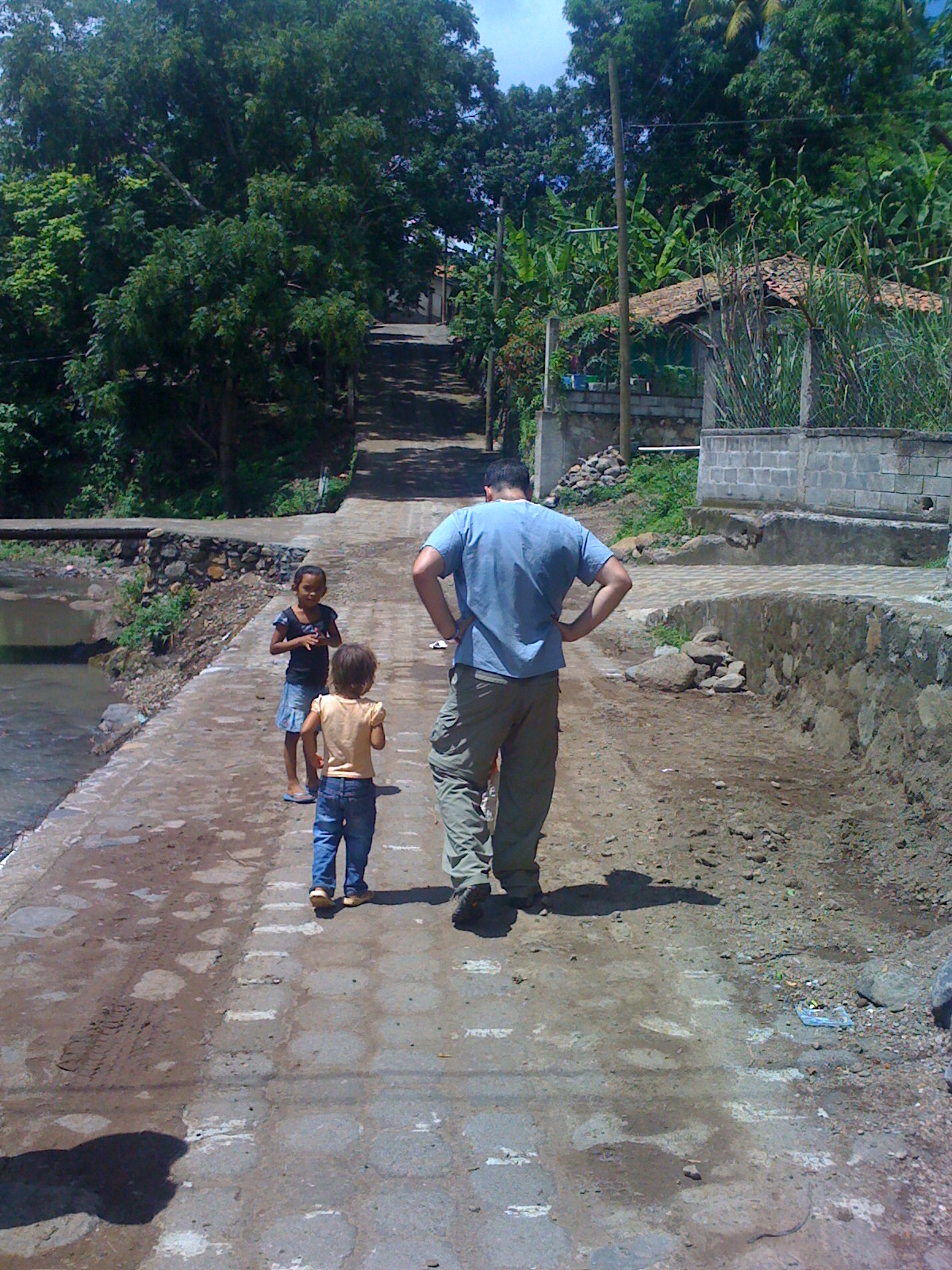
Applying to the Program
The International/Inner City/Rural Preceptorship program is open to all MS1 students currently enrolled at the VCU School of Medicine. Up to 24 seats are awarded within each class on a competitive basis. The application deadline is October 15 at 11:59 PM.
The electronic application will be available in the "Student Records" section of the VCU SOM eCurriculum from August 15 - October 15. Click on the "I2CRP Application" link from the subsequent navigation menu.
The admissions procedure includes submitting an on-line application, including two essays. Each essay should address the following questions:
Essay 1:
- Why are you interested in working with medically underserved communities?
- What previous exposure, if any, have you had to underserved communities (urban, rural or international)?
- What service experiences have you had?
- What do you hope to gain from participating in this program?
Essay 2:
- Describe the career you envision for yourself as a practicing physician and how your practice will enable you to address the needs of medically underserved communities.
Students are accepted into the program based on a demonstrated interest in working with medically underserved populations. Applicants with a demonstrated interest in entering primary care (family medicine, general pediatrics, general internal medicine, or medicine / pediatrics) as well as national workforce priority disciplines (psychiatry, obstetrics & gynecology, and general surgery) will be given weighted consideration.
Analysis of graduate outcomes for the classes of 2000-2017 shows that 70% of I2CRP graduates matched into residency programs in primary care, and 80% of graduates matched into primary care or workforce priority disciplines. An analysis completed in 2016 showed that 40% of program graduates who have completed residency training currently practice in in designated Health Professional Shortage Areas (HPSAs) or Medically Underserved Areas (MUAs.)
For More Information
Contact Mary Lee Magee, Ed.D. or Mark Ryan, MD

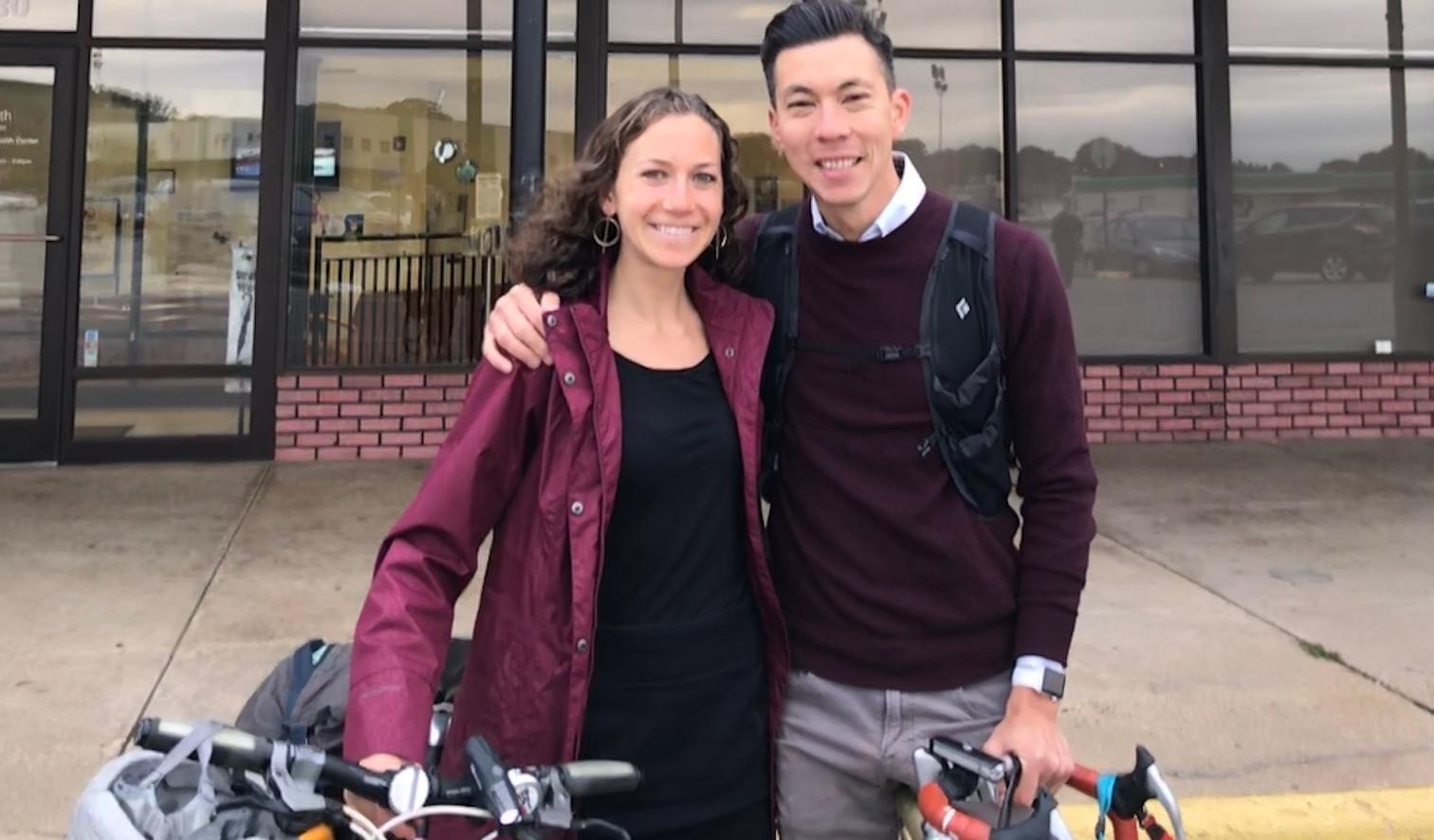

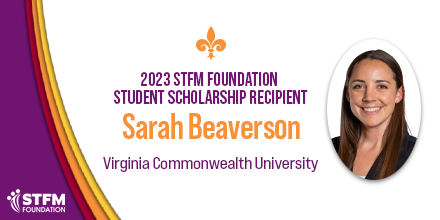


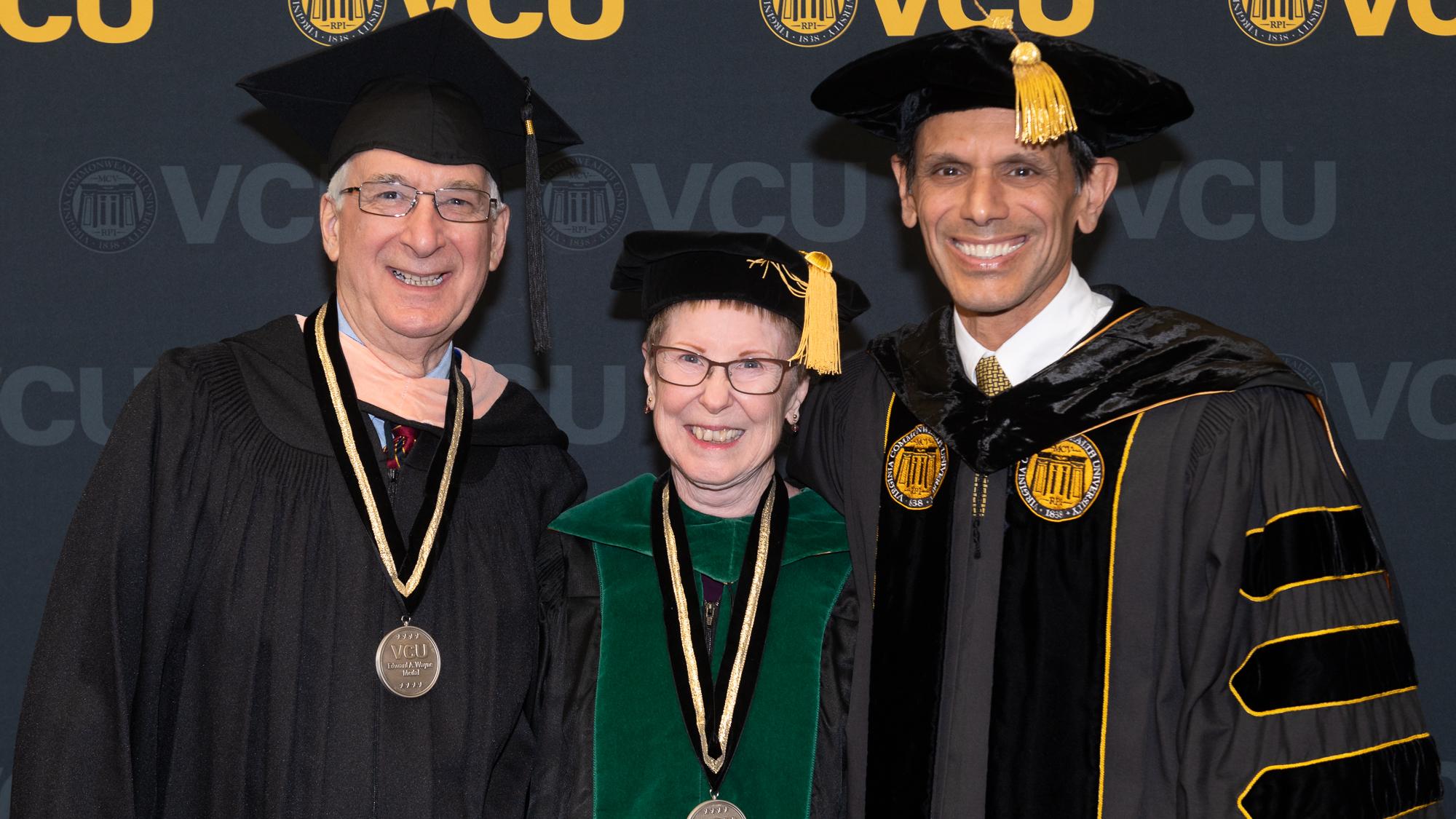

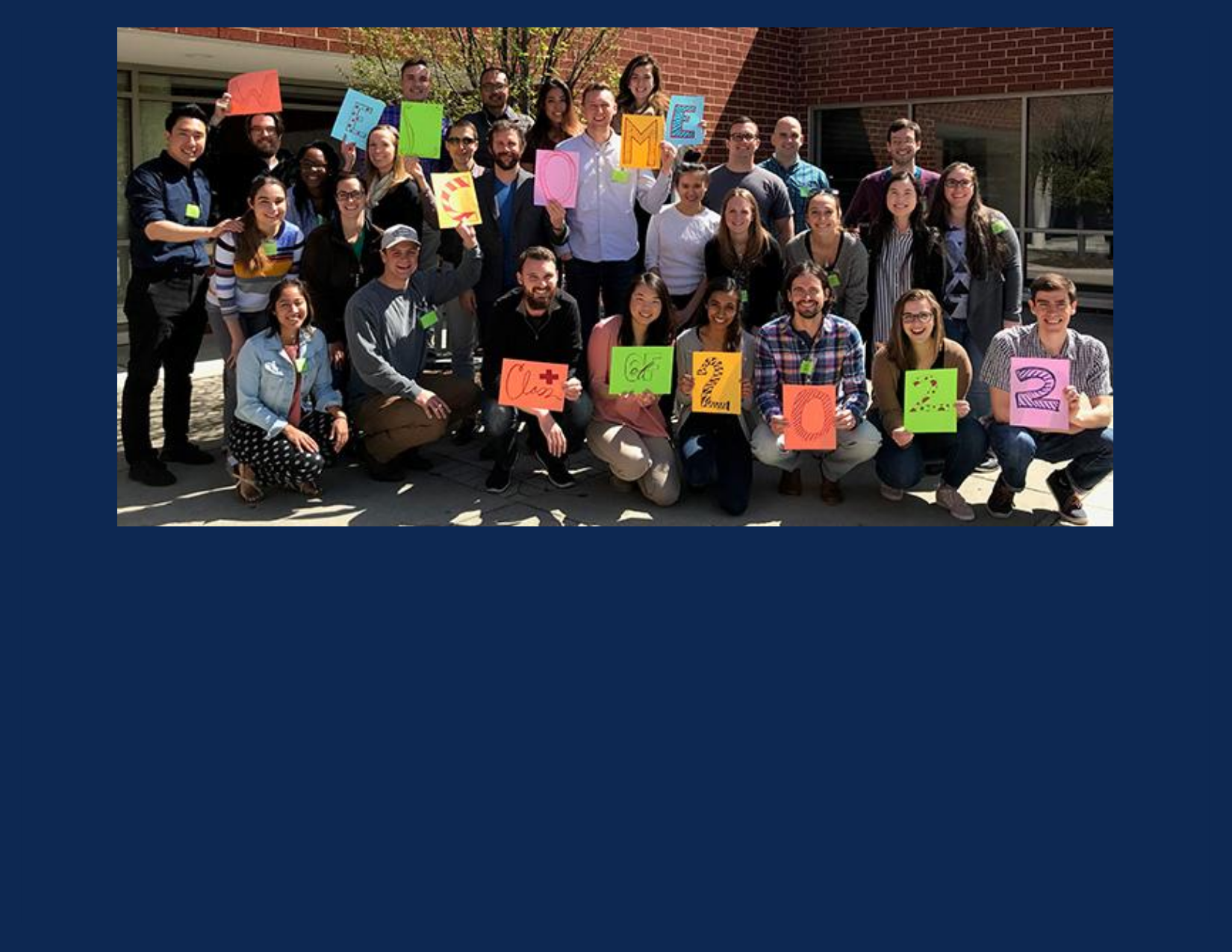

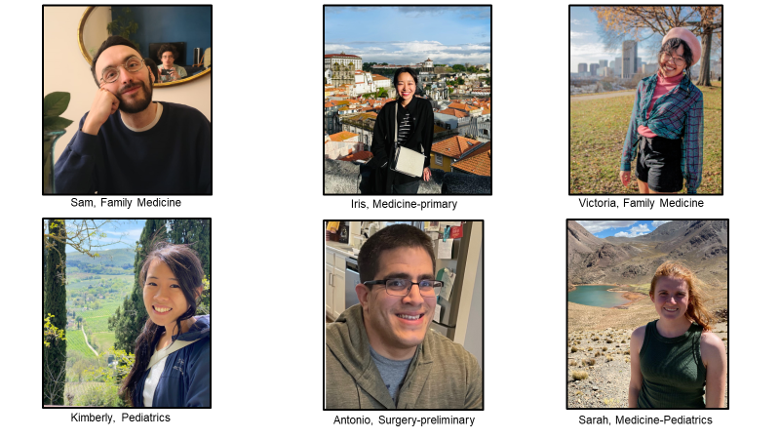




.png)

.png)



